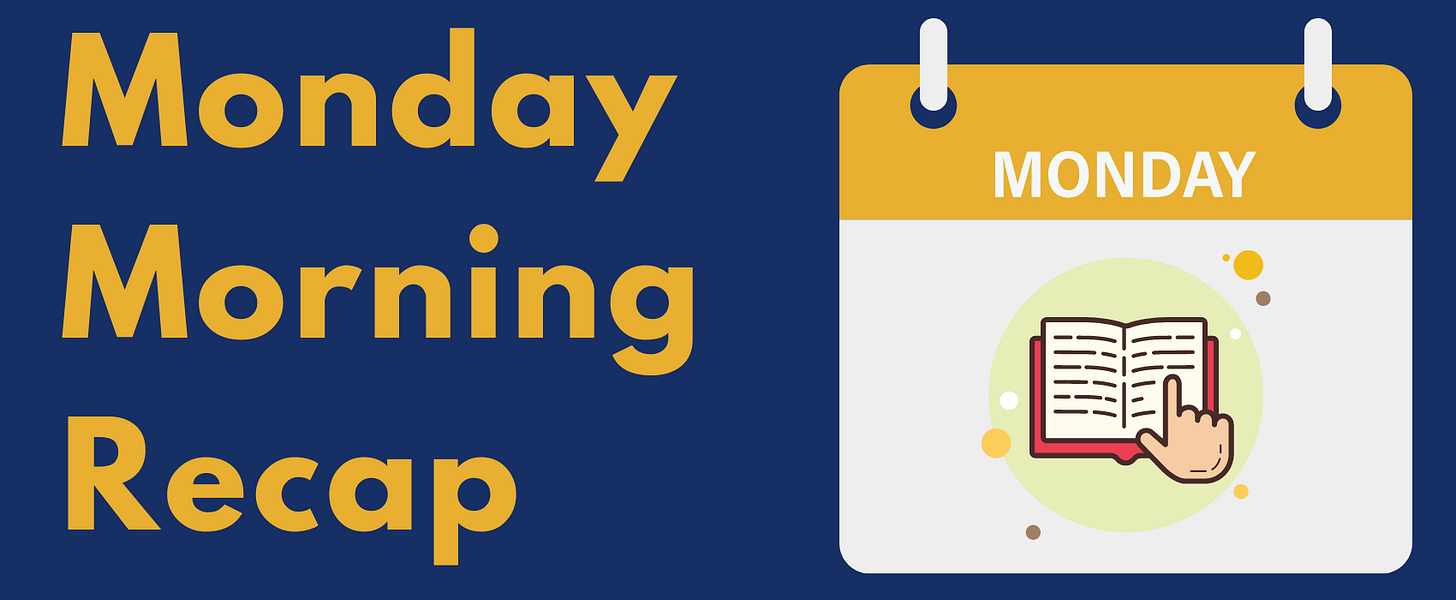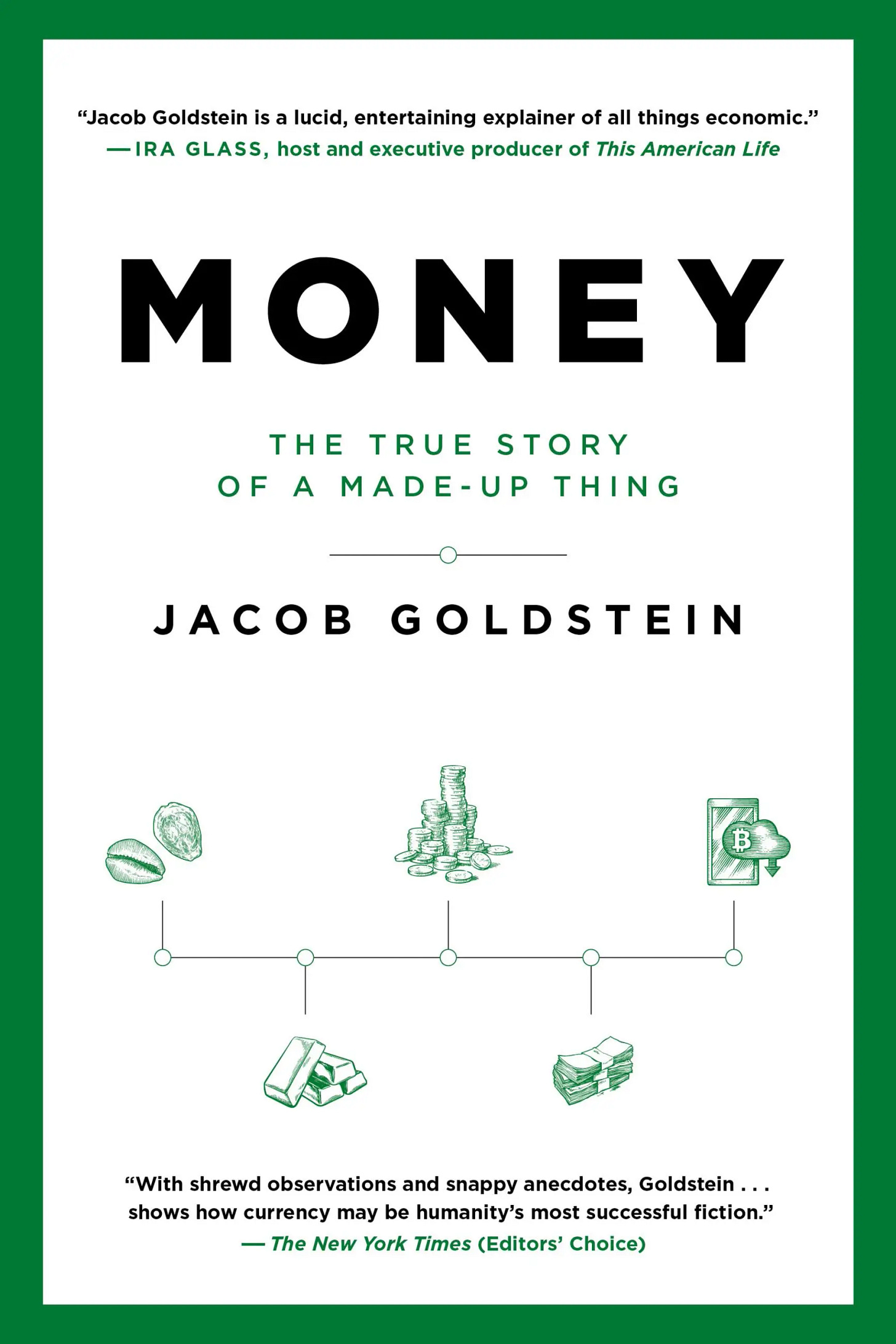Tuesday's Assorted Links
Job Report, Swiss Chocolate, Automated CEOs, Pickleball, Happiness

Hi y’all! Here are five stories from this week that contained some neat applications of economic principles or are related to teaching:
The latest jobs numbers came in strong, but there are still a lot of people choosing to sit out [The Indicator]
Toblerone is no longer Swiss enough to feature the Matterhorn on its packaging [NPR]
Should CEOs be automated? [The Hustle]
The sound and disruption from pickleball, America’s fastest-growing sport, is driving some people crazy [CNN]
Can money buy happiness? Scientists say it can [The Washington Post]
Silicon Valley Bank (SVB) recently experienced a bank run that led the Federal Deposit Insurance Corporation (FDIC) to take over, as depositors withdrew funds fearing the bank's insolvency. SVB caters to the unique needs of tech entrepreneurs and investors; however, accounts are mostly uninsured, which led to widespread concern among depositors.
Catch up on Monday’s newsletter:
With all the talk of liquidity over the past week, it’s hard not to recommend Jacob Goldstein’s book Money: The True Story of a Made-Up Thing. You might recognize his name from NPR Planet Money, but he spent some time before the pandemic researching the history and evolution of money. A mix of history, sociology, and economics, Goldstein provides a number of examples for readers to track the progression of money from its humble beginning as stones and shells to state-of-the-art ones and zeros stored on a blockchain.
Goldstein summarizes most of the foundational principles and concepts of monetary economics so as to not overwhelm readers who may be new to economics. It’s a great read for people regardless of whether or not they completed an introductory macroeconomics course. There are enough historical anecdotes that may be new even to readers with more substantial economics training.






